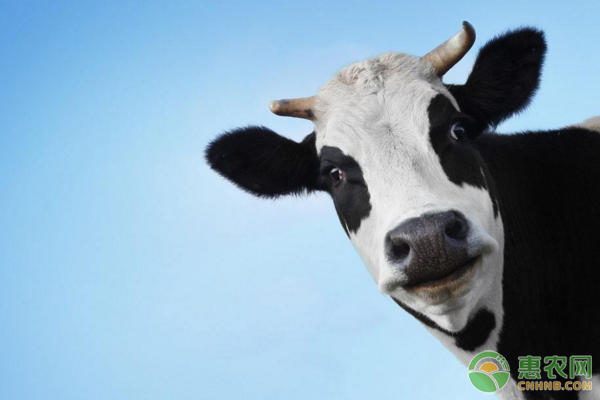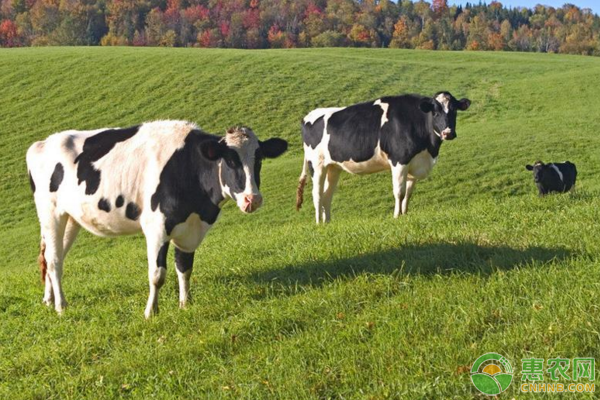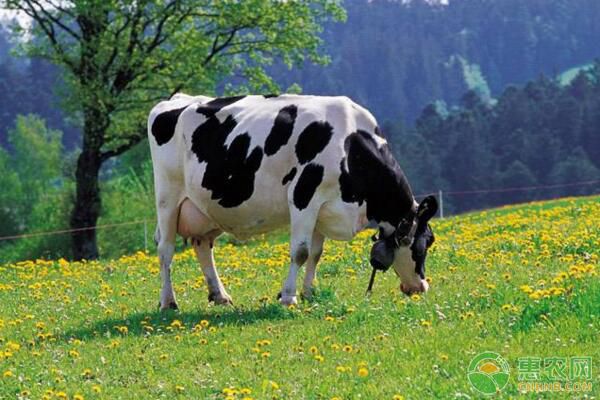Dairy cow ketosis is a common nutritional metabolic disease. It is a disease caused by metabolic disorders of carbohydrates and volatile fatty acids in high-yielding dairy cows. It is mainly caused by high-yield dairy cows that are well-nourished and produced. The impact has seriously restricted the stable and healthy development of the dairy farming industry. Therefore, today Xiaobian talk about the cause, clinical symptoms and treatment of dairy cow ketosis. 1 Cause of the disease Dairy cow ketosis is divided into two types: primary ketosis and secondary ketosis. Causes of ketosis: high protein feed, high fat feed, excessive feed, succulent roughage, hay roughage feeding. Causes of secondary ketosis: lack of exercise, vitamin deficiency, digestive dysfunction, etc. 2 clinical symptoms The clinical symptoms of cow ketosis can be divided into two types: digestive ketone and neuroketo. Clinical symptoms of digestive ketoacidosis: poor mental condition, decreased feed intake, parasitic convulsions; exhaled gas, sweat and urine have acetal odor; decreased milk volume, decreased weight, anemia, diarrhea or constipation, breathing rapid. Clinical symptoms of neurokelemic ketosis: mental excitement, arrogance, and aggression; oral chewing, salivation; neck, facial muscle spasm, body convulsions; indifferent response to external stimuli, standing or lying down, severe Death can occur. 3 treatment methods 3.1 Western medicine treatment 3.1.1 Treatment plan for digestive ketosis 50% glucose injection 1 500 mL, 5% sodium bicarbonate 1 000 mL, coenzyme A appropriate amount of three drugs, then intravenous injection, once a day, 3 days for a course of treatment, one or two courses of injection Yes, at the same time, each cow is fed with sodium propionate at a dose of 280 g/d. 3.1.2 Treatment plan for neuroketoxin Treatment with glucose, sodium bicarbonate and coenzyme A. Symptoms of severe neurological symptoms have not been seen, followed by intravenous injection of 5% calcium chloride injection 200 mL with 20 mL of sodium sulphate, once a day, 3 days for a course of treatment, two courses of injection can be. 3.2 Chinese veterinary therapy Chinese herbal formula: Angelica 80 g, peony 80 g, yam 80 g, Shenqu 60 g, malt 50 g, motherwort 50 g, Houttuynia 40 g, Atractylodes 60 g, rehmannia 80 g, Chuanxiong 60 g, dried tangerine peel 30 g, Laiwu 30 g, berberine 50 g, xanthine 60 g and licorice 50 g. Add 10 L of the above agent to water for 2 times, and fry until the soup is 4 L. Each diseased cow is given 1 L each morning and evening. For the wonderful pictures and hot comments on the treatment of cow ketosis, you may be interested in the following recommended contents, welcome to read. Disposable Piercing Guide - WPTC10
Product Description
Disposable surgical medical products refer to items used in surgical operations, which are discarded after one use. These products are used to maintain a sterile environment and prevent the spread of infection during surgery.
Overall, single-use surgical medical products are critical to maintaining a sterile environment and preventing the spread of infection during surgery.
Disposable Use Puncture Guider,All Laparoscopic Instruments,Keyhole Surgery Instruments Changzhou Weipu Medical Devices Co., Ltd. , https://www.wmlaparoscopic.com


Some common disposable surgical medical products include:
1. Surgical masks: used to cover the mouth and nose of medical staff during operations to prevent the spread of germs.
2. Surgical gowns: Medical staff wear these to protect their clothing from contamination during surgery.
3. Surgical Gloves: Healthcare providers wear these gloves to protect their hands from contamination during surgery.
4. Surgical Drape: Used to cover the patient and create a sterile field around the surgical site.
5. Surgical needles: Used to suture incisions and wounds during surgery.
6. Scalpel blades: These are used to make incisions during surgery.
7. Surgical Forceps: Used to grasp and manipulate tissue during surgery.
8. Surgical catheters: These catheters are used to drain fluids from the body during surgery.